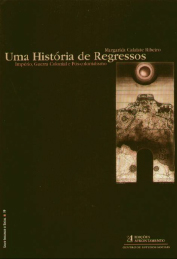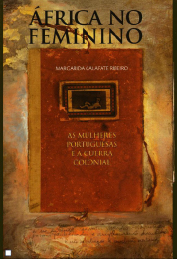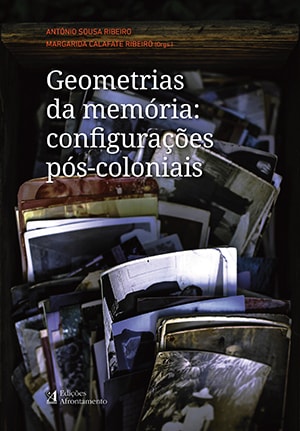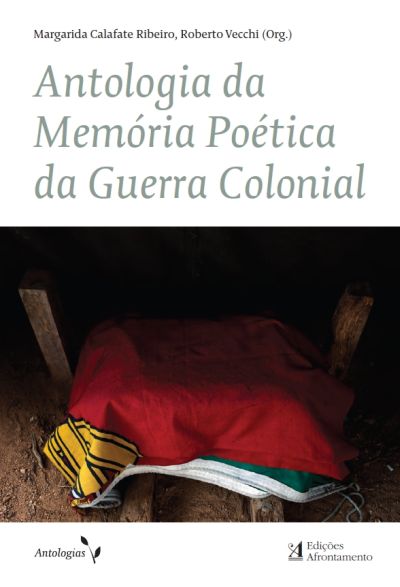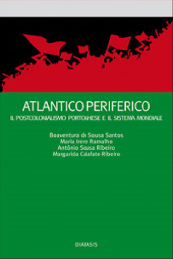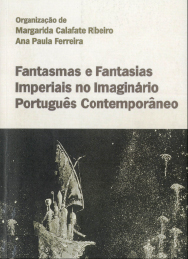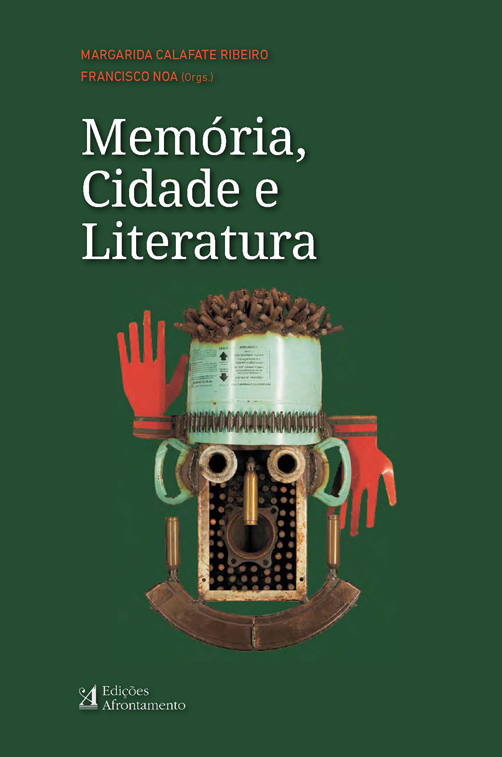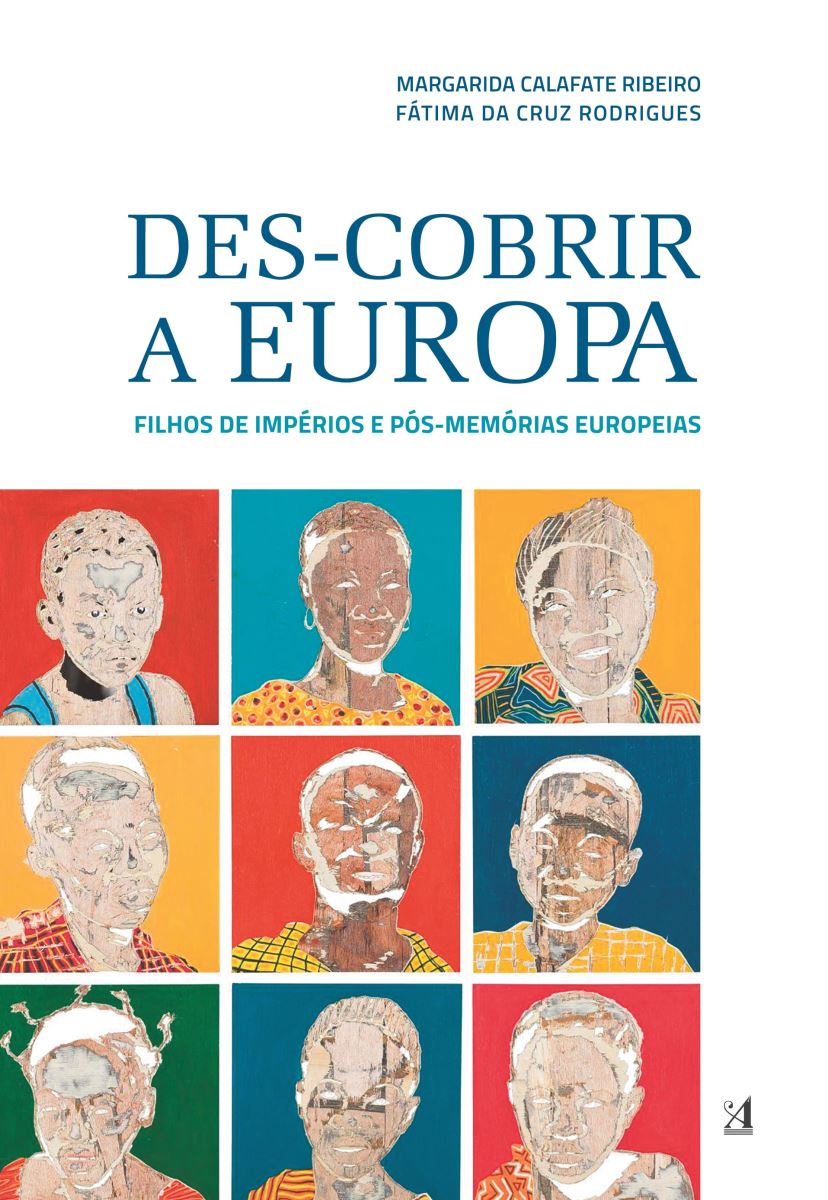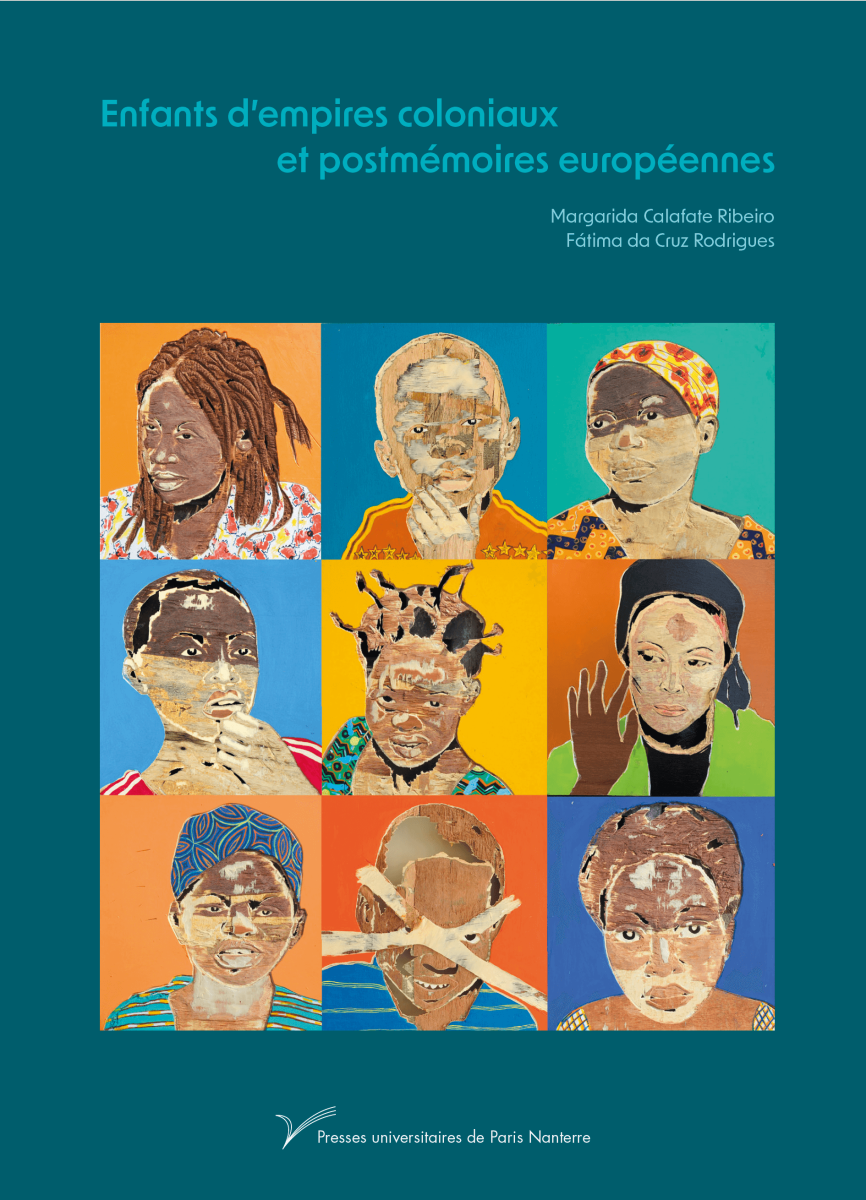
Margarida Calafate Ribeiro
She is the author of Uma história de regressos: império, guerra colonial e pós-colonialismo (A History of Returns: Empire, Colonial War and Postcolonialism) and África no feminino: mulheres portuguesas na Guerra Colonial (Africa in the feminine: Portuguese women in the colonial war) and the co-organisation of Antologia da Memória Poética da Guerra Colonial (Anthology of the Poetic Memory of the Colonial War) (2011) with Roberto Vecchi, Geometrias da Memória: Configurações Pós-Coloniais (Geometries of Memory: Post-Colonial Configurations) (2016) with António Sousa Ribeiro, Memória, Cidade e Literatura (Memory, City and Literature) (2019) with Francisco Noa and Heranças Pós-Coloniais nas Literaturas de Língua Portuguesa (Post-Colonial Inheritances in Portuguese Language Literatures) (2019) with Phillip Rothwell. His most recent book Des-cobrir a Europa - filhos de empérios e pós-memórias europeias (Uncovering Europe - children of empires and European post-memories) (2022) was written with Fátima da Cruz Rodrigues and it is also available in French (Enfants d'empires coloniaux et postmémoires européennes).
